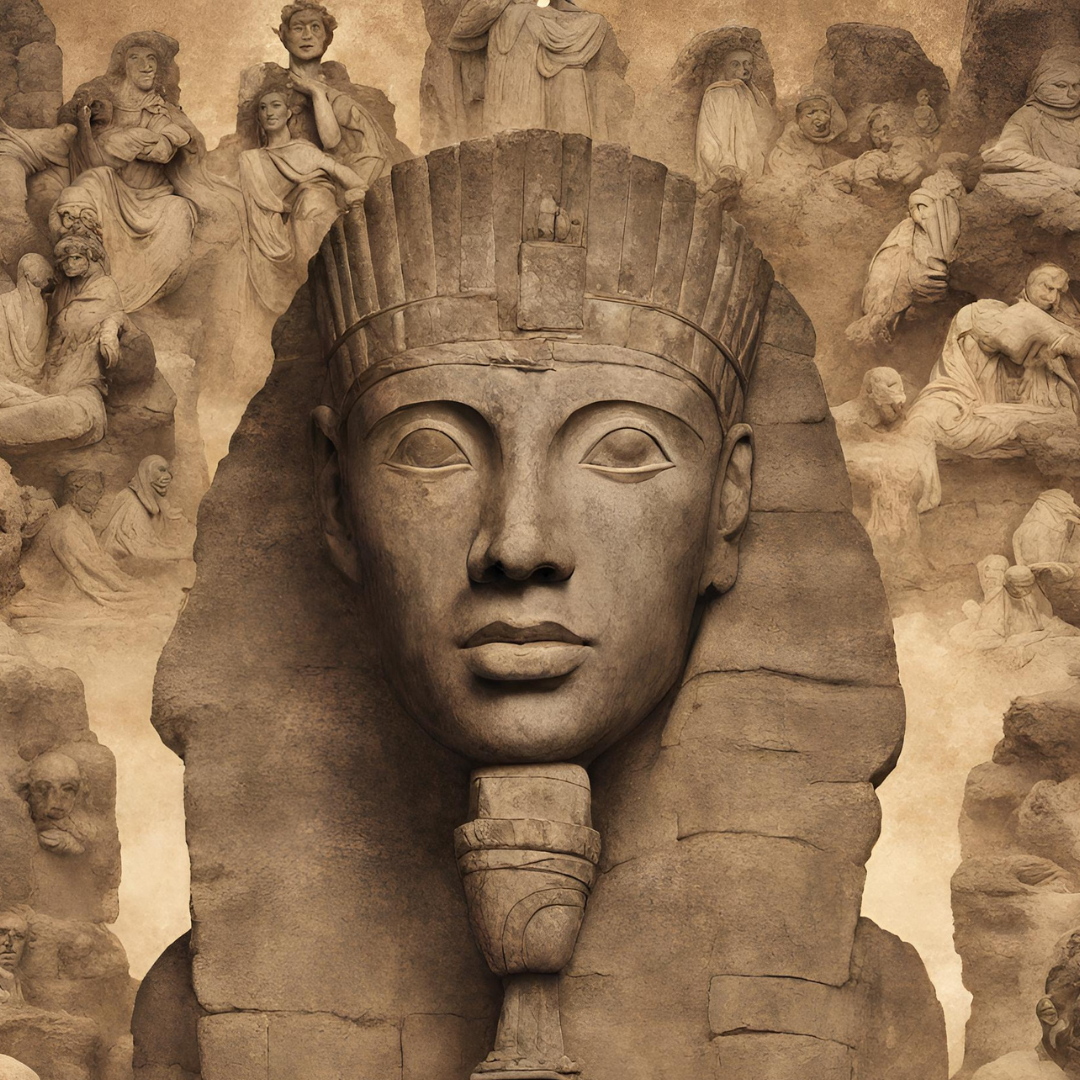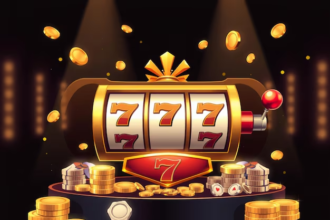The concept of the “law of reincarnation raw” has captivated humanity for centuries, transcending cultural and religious boundaries. This article delves into the historical origins of the “law of reincarnation raw,” exploring the ancient civilizations where these beliefs first emerged and their influence on modern interpretations.
Ancient Civilizations and Beginnings
India
The cradle of “law of reincarnation raw,” India gave birth to the foundational concepts of karma, dharma, and moksha. Discover how ancient Indian thought shaped the understanding of the soul’s journey through successive lives.
Greece
In ancient Greece, philosophers like Pythagoras and Plato contemplated the idea of the transmigration of the soul. Uncover the Greek perspective on the “law of reincarnation raw” and its influence on Western thought.
Egypt
The ancient Egyptians held a unique view of the afterlife and rebirth. Explore the Egyptian Book of the Dead and their beliefs in the soul’s journey through various realms.
Eastern Beliefs
Hinduism
The “law of reincarnation raw” plays a central role in Hinduism. Dive into the intricate concepts of karma, dharma, and moksha, and how they relate to the cycle of rebirth.
Buddhism
Buddhism offers a distinct interpretation of the “law of reincarnation raw.” Understand the Buddhist view of the wheel of Samsara and the path to Nirvana.
Jainism
Jainism’s perspective on the “law of reincarnation raw” is deeply intertwined with its principles of non-violence and spiritual purification. Explore how Jainism incorporates the cycle of rebirth into its theology.
Sikhism
How does Sikhism view the “law of reincarnation raw,” and what role does it play in Sikh religious practices? Delve into the Sikh perspective on the soul’s journey.
Western Perspectives
Theosophy
In the late 19th and early 20th centuries, the Theosophical Society introduced the “law of reincarnation raw” to Western audiences. Discover how Theosophy influenced the New Age movement and popularized the “law of reincarnation raw” in the West.
New Age Movements
Explore the modern interpretation of the “law of reincarnation raw” in New Age spirituality and its impact on contemporary belief systems and practices.
Scientific and Psychological Views
Parapsychology
Examine the scientific research and theories related to the “law of reincarnation raw,” including documented cases of past-life memories and near-death experiences.
Psychological Interpretations
Learn how psychologists and therapists view the “law of reincarnation raw” as a therapeutic tool for personal growth and healing.
Case Studies
Notable Reincarnation Cases
Investigate documented cases of individuals claiming to have past-life memories, including the famous Shanti Devi case in India.
Children’s Memories
Analyze cases where young children recount specific details of their alleged past lives, and the implications of these accounts on the belief in the “law of reincarnation raw.”
Modern Debates and Controversies
Ethical and Moral Implications
Discuss the ethical and moral dilemmas surrounding the belief in the “law of reincarnation raw,” including issues related to identity, accountability, and justice.
Skepticism and Criticisms
Examine the arguments against the existence of the “law of reincarnation raw,” including scientific skepticism and alternative explanations for past-life memories.
Reincarnation in Popular Culture
Films and Literature
Explore how the “law of reincarnation raw” is portrayed in popular movies, books, and other forms of media, and how these representations shape public perception.
Contemporary Reincarnation Movements
Discuss the resurgence of interest in the “law of reincarnation raw” in the 21st century, including seminars, workshops, and online communities.
Conclusion
Summarize the key points from the article, emphasizing the diversity of “law of reincarnation raw” beliefs across cultures, the ongoing debate, and the influence of this mystical concept on our world today.
FAQS
- What is the “Law of Reincarnation Raw”?
- The “Law of Reincarnation Raw” is a concept that suggests the rebirth of an individual’s soul into a new body after death. It is a belief that transcends cultural and religious boundaries.
- Where did the concept of reincarnation originate?
- Reincarnation beliefs have ancient origins and can be traced back to civilizations such as India, Greece, and Egypt. These early beliefs influenced modern interpretations of reincarnation.
- How do different cultures view reincarnation?
- Various cultures have unique perspectives on reincarnation. Hinduism and Buddhism, for instance, view it as a cycle of rebirth influenced by karma and dharma, while Western interpretations have been influenced by Theosophy and New Age movements.
- What are the key principles of reincarnation in Hinduism and Buddhism?
- In Hinduism, reincarnation is closely tied to karma, dharma (duty), and moksha (liberation). In Buddhism, the cycle of rebirth is associated with the concept of Samsara, and the ultimate goal is Nirvana.
- How did ancient Greek philosophers contribute to the concept of reincarnation?
- Ancient Greek philosophers like Pythagoras and Plato contemplated the idea of the transmigration of the soul. Their philosophies influenced Western thought on reincarnation.
- What role does the “Law of Reincarnation Raw” play in modern psychology and parapsychology?
- In parapsychology, there are ongoing studies related to past-life memories and near-death experiences, which are believed to be connected to the “Law of Reincarnation Raw.” Some psychologists use reincarnation as a therapeutic tool for personal growth and healing.
- Are there documented cases of reincarnation experiences?
- Yes, there are documented cases of individuals, such as Shanti Devi in India, who claim to have past-life memories. There are also cases where young children recount specific details of their alleged past lives.
- What are the ethical and moral implications of believing in the “Law of Reincarnation Raw”?
- Belief in reincarnation raises questions about identity, accountability, and justice, as individuals may carry over karmic debts or rewards from past lives. It also influences how people view their actions in the present life.
- What are some common criticisms or skepticism regarding reincarnation?
- Skeptics argue that there is a lack of scientific evidence to support reincarnation claims and that alternative explanations exist for past-life memories.
- How does reincarnation influence popular culture?
- The “Law of Reincarnation Raw” often appears in movies, literature, and other media. It shapes how the public perceives and interacts with this mystical concept.
- Is the belief in reincarnation still relevant today?
- Yes, there is a resurgence of interest in the “Law of Reincarnation Raw” in the 21st century, with contemporary movements, seminars, workshops, and online communities exploring and promoting the concept.
- Can one’s actions in this life affect their future reincarnations?
- Yes, according to many reincarnation beliefs, an individual’s actions in this life (karma) can influence their circumstances and experiences in future reincarnations.
- How does the “Law of Reincarnation Raw” intersect with religious and spiritual practices today?
- Some religious and spiritual practices incorporate the concept of reincarnation, using it as a tool for personal and spiritual growth and understanding the purpose of life.
- Are there any scientific studies that support the idea of reincarnation?
- While some research in parapsychology has explored cases of past-life memories, the scientific community generally remains skeptical, and no conclusive evidence has been established to universally support the concept of reincarnation.
- Is there a specific path to liberation or escape from the cycle of reincarnation in different belief systems?
- Different belief systems offer various paths to liberation. For example, Hinduism suggests attaining moksha, Buddhism aims for Nirvana, and other traditions may have different approaches to breaking the cycle of reincarnation.
These FAQs should provide a solid foundation for understanding the concept of the “Law of Reincarnation Raw” and its historical origins.











